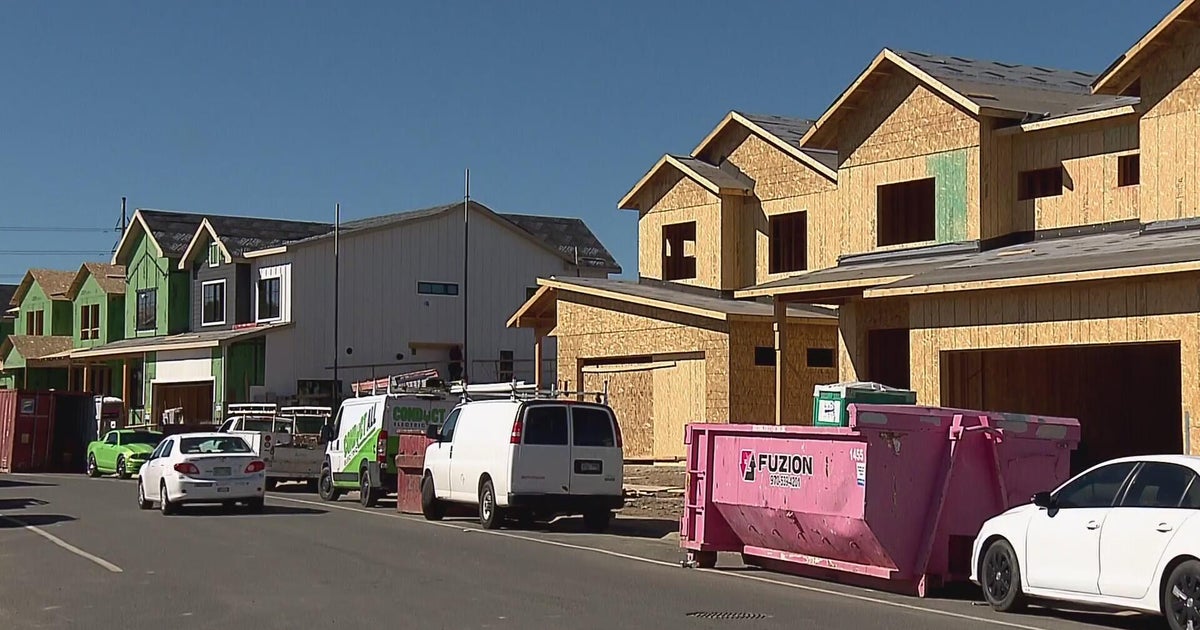Why homebuyers should lock in a mortgage rate now
Purchasing a home is one of the most significant financial decisions most people will make. And, that's certainly true right now, as a shortage of for-sale inventory, coupled with consistent demand from buyers, has caused home prices to remain elevated in many markets.
And, mortgage rates have been climbing for over a year now due to numerous Federal Reserve rate hikes, which has only added to the financial hurdles that many borrowers face. Plus, the average 30-year mortgage loan rate increased again this week, hitting 7.23% — the highest its been since 2000.
But while rates may be high, buyers should still seriously consider locking in a mortgage rate sooner rather than later. Below, we'll break down why now may be the time to lock a rate in.
Find out what mortgage rates you could qualify for here now.
Why homebuyers should lock in a mortgage rate now
There are a few different reasons it makes sense to lock in a mortgage rate right now, despite rates hovering above 7% on average. Here are a few reasons you may want to consider it:
Rates could increase in the future
Mortgage interest rates are influenced by a range of economic factors, including inflation, Federal Reserve policies and overall market conditions. Historically, rates have shown a tendency to fluctuate, and while they've already increased significantly this year, there's a chance they could climb even higher in the future.
By locking in a mortgage rate now, you can shield yourself from the potential rate hikes down the road. This can provide you with peace of mind, knowing that even if rates rise, your mortgage interest rate will remain unchanged. And, given the impact that higher rates have on your monthly mortgage payments, this proactive step can save you a substantial amount of money over the life of your loan.
Explore your mortgage rate options right now.
Refinancing is always an option if rates drop
One of the advantages of locking in a mortgage rate now is that, should rates drop significantly in the future, you still have the option to refinance your mortgage loan. When you refinance, you replace your existing mortgage with a new one at a lower interest rate, leading to reduced monthly payments and long-term interest savings.
By locking in a rate today, you're protecting yourself against potential rate increases while keeping the door open for refinancing if rates become more favorable. And, you're also not passing up on homes that fit what you want or need in hopes that rates will drop. That's a big benefit in today's market, considering that housing inventory is still lacking in most markets.
If rates drop, competition will be steep
The housing market might be relatively competitive right now, but it could become even more so in the future if rates drop. There are already ongoing issues with limited housing inventory, and as we've seen in recent years, lower rates typically lead to more buyers competing over the available homes. That, in turn, can lead to higher home prices — and lost opportunities to purchase your dream home.
Given these what-ifs, it makes sense to lock in a mortgage rate right now, especially if the perfect home has come along. You don't have to stay tied to that rate forever, but if you wait, you could miss out on a home that fits your specific requirements. And who knows when another one will become available.
The bottom line
Timing can play a crucial role in a successful offer on a home. While you may be hesitant to borrow money with a mortgage loan due to rates that are much higher than they were last year, waiting could be the wrong move. Freddie Mac expects rates to rise again in the future — so by locking in a rate now, you can protect yourself from paying even more in interest if that happens.
And, there's always the potential for refinancing if rates drop in the future. Given the unpredictable nature of the housing market, and the ongoing inventory shortage, locking in a rate can provide you with the opportunity to buy a home when the right one comes along — and then adjust your loan as necessary in the future.




